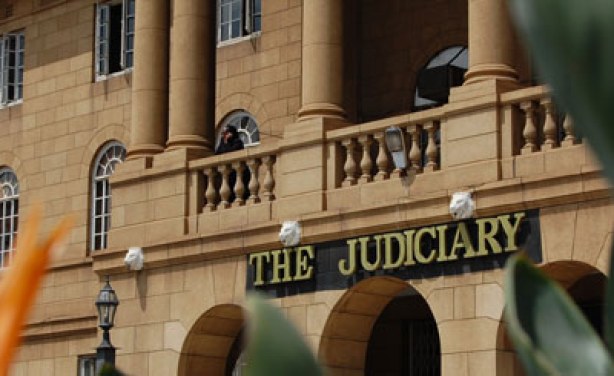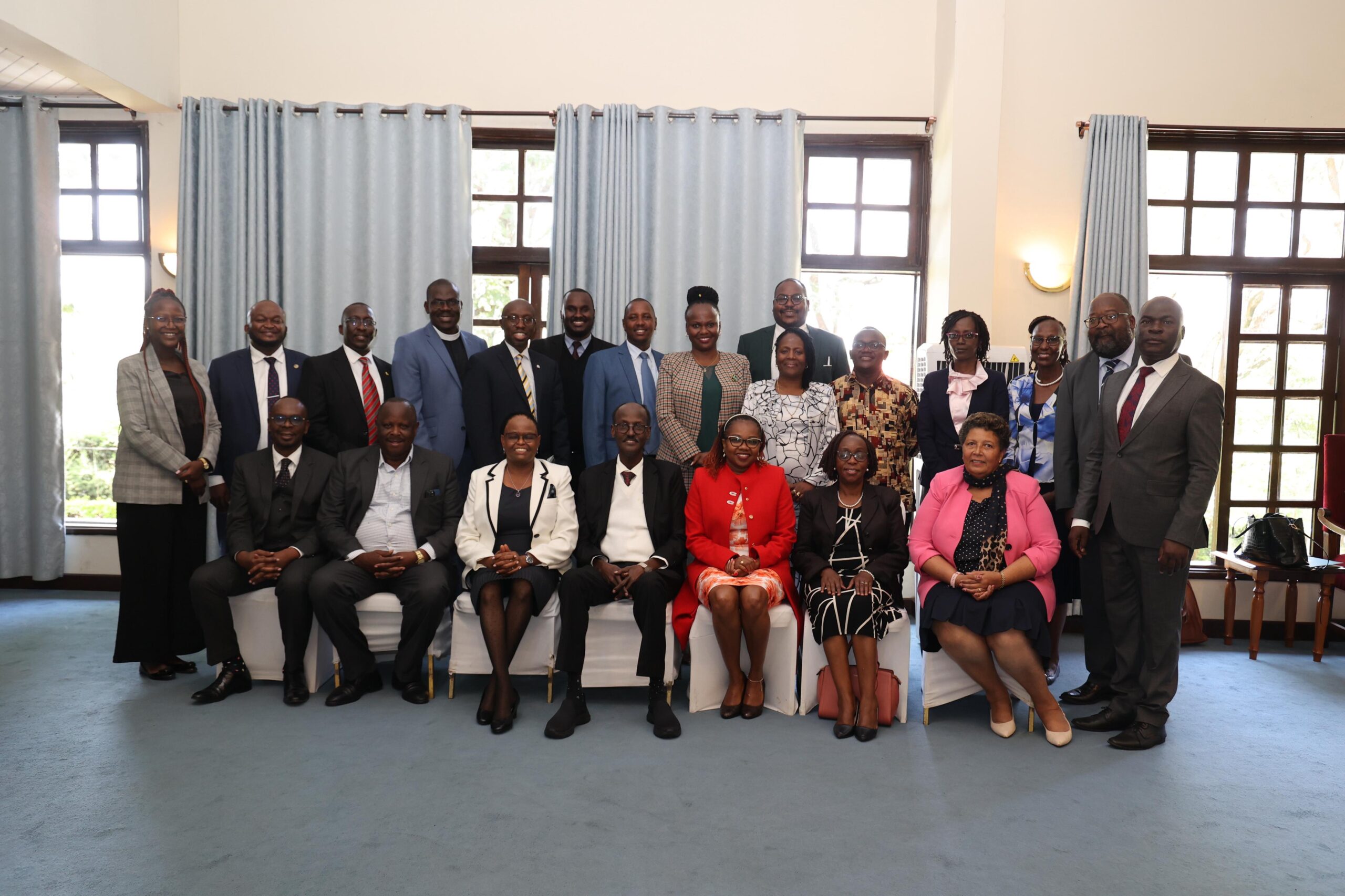NAIROBI,Kenya – Kenya’s judiciary has had a tumultuous journey in its quest for independence and accountability. For decades, it was seen as an extension of the executive, often compromised by external interference and marred by allegations of corruption. This state of affairs eroded public trust and highlighted the urgent need for reforms to restore the integrity of the judiciary.
A significant turning point came with the appointment of Chief Justice Willy Mutunga, whose tenure ushered in a transformative era for Kenya’s judicial system. Determined to restore confidence in the judiciary, Mutunga embarked on an arduous reform journey. One of his boldest initiatives was inviting Justice Albie Sachs, a former judge of South Africa’s Constitutional Court, to lead a transformative “surgery” of Kenya’s judiciary. This process tackled systemic weaknesses, reinforced transparency, and fostered a culture of accountability.
During this period, the establishment of the Judicial Service Commission (JSC) played a crucial role in institutionalising reforms. By ensuring a structured and merit-based approach to judicial appointments, promotions, and disciplinary actions, the JSC became a cornerstone of accountability. These reforms revitalised the judiciary, transforming it into one of Kenya’s most trusted institutions and firmly anchoring its role in upholding the Constitution.
Judicial independence is fundamental to ensuring justice is administered impartially and free from external pressures. Enshrined in Kenya’s 2010 Constitution, this principle allows judges to make decisions based on law and conscience, even in politically charged circumstances. Former Chief Justice Mutunga described the judiciary as the Constitution’s shield against forces that seek to undermine its values. Upholding this independence enables judges to deliver bold decisions that safeguard justice, even when such rulings face criticism from political actors or the public.
Independence, however, does not absolve judges from accountability. Mechanisms like the JSC exist to address misconduct and ensure ethical standards are upheld. These mechanisms provide a necessary balance, ensuring judges remain answerable to the public while preserving their impartiality. As Dato’ Param Cumaraswamy, the former UN Special Rapporteur on the independence of judges and lawyers, wisely noted, judicial accountability should strengthen, not undermine, the judiciary’s role as a pillar of democracy. True accountability should strengthen, not weaken, the judiciary’s role as a pillar of democracy.
In recent times, critiques from senior advocates have sparked debate about judicial accountability. Judges have been criticised for their decisional independence, particularly when rulings deviate from established precedent. While constructive criticism is essential for institutional growth, some critiques appear to undermine judicial independence. The tone and intent of these attacks risk eroding public confidence and may be perceived as veiled attempts to intimidate judges.
These criticisms also raise the troubling possibility of state-sponsored delegitimisation of the judiciary. Such actions threaten to reverse the gains achieved through years of reform and risk returning the judiciary to a state of vulnerability to external influence.
The intensity of recent attacks against individual judges and judicial leadership raises the specter of state-sponsored delegitimisation. Such actions threaten to undo the gains achieved through reforms and risk plunging the judiciary back into a period of vulnerability to external influence. The judiciary, as a co-equal arm of government, stands as Kenya’s most robust institution. It is vital to protect it from undue interference and ensure that criticisms are grounded in the spirit of improvement, not intimidation.
Despite these challenges, Kenyan judges have made significant strides in contributing to the evolution of African jurisprudence. By interpreting laws in ways that reflect Africa’s unique socio-political contexts, they have demonstrated intellectual independence. Rather than being shackled by rigid adherence to precedent, judges are boldly exercising their intellect to address contemporary challenges. This approach is shaping a jurisprudence that resonates with the continent’s realities and should be celebrated as a testament to judicial independence.
In conclusion, the judiciary remains Kenya’s most robust institution among the three arms of government. Safeguarding its independence is essential to ensuring that it continues to act as a trusted arbiter of justice. Recent attacks on judicial officers and leadership demonstrate the need for constructive engagement, where critiques are aimed at improvement rather than intimidation.
Finally, balancing judicial independence and accountability is delicate but essential. Independence empowers judges to uphold justice without fear or favor, while accountability ensures they remain ethical and responsible. Kenya’s judiciary has come a long way, overcoming historical challenges to emerge as a beacon of trust and integrity. As Kenyan judicial officers continue to shape progressive and contextually relevant jurisprudence, all stakeholders must support this balance. By doing so, Kenya can maintain its position as a leader in judicial independence and accountability on the African continent.
The writer, Thuku Mburu is a Programme Officer at the Kenyan Section of the International Commission of Jurists (ICJ Kenya.) This article was first published on the Daily Nation.










